Prof. Dr. Syed Arshad Husain, the best pulmonologist in Dubai, has over 30 years of experience working in the UK as part of the National Health Service (NHS) and over 18 years of specialist experience in respiratory medicine.
He has worked in some of the best centres around the world, including Royal Brompton Hospital London, John Radcliffe Hospital Oxford UK, and University of Lille Hospital France.
He completed his Bachelor’s degree in Medicine and Surgery in 1988, then he did his MRCP (Membership of the Royal College of Physicians) UK in 1996; he was awarded the (FRCP) Fellowship by the Royal College of Physicians and Surgeons UK and the Fellowship College of Chest Physicians (FCCP) USA.

Allergic Asthma
Comprehensive diagnosis and personalized asthma management to improve breathing and prevent flare-ups.
Read MoreChronic Persistent Cough
Expert evaluation to identify underlying causes of persistent cough and provide targeted treatment.
Read MoreSleep-Related Breathing Disorders
Advanced assessment and treatment of sleep-related breathing problems affecting sleep quality and health.
Read MoreLung Cancer
Early detection, diagnostic evaluation, and coordinated care for patients with suspected or confirmed lung cancer.
Read MoreSmoking Related Lung Diseases
Comprehensive management of lung conditions caused by smoking, with focus on disease control and prevention.
Read MoreShortness of Breath (Dyspnea) Evaluation
Detailed assessment to identify the cause of breathlessness and provide appropriate respiratory treatment.
Read MoreInterstitial Lung Disease (ILD)
Advanced diagnosis and management of interstitial lung diseases, including pulmonary fibrosis.
Read MoreBronchiectasis
Targeted treatment to control infections, reduce symptoms, and improve long-term lung health.
Read MoreChronic Obstructive Pulmonary Disease (COPD)
Specialized care for COPD focused on symptom control, lung function improvement, and quality of life.
Read More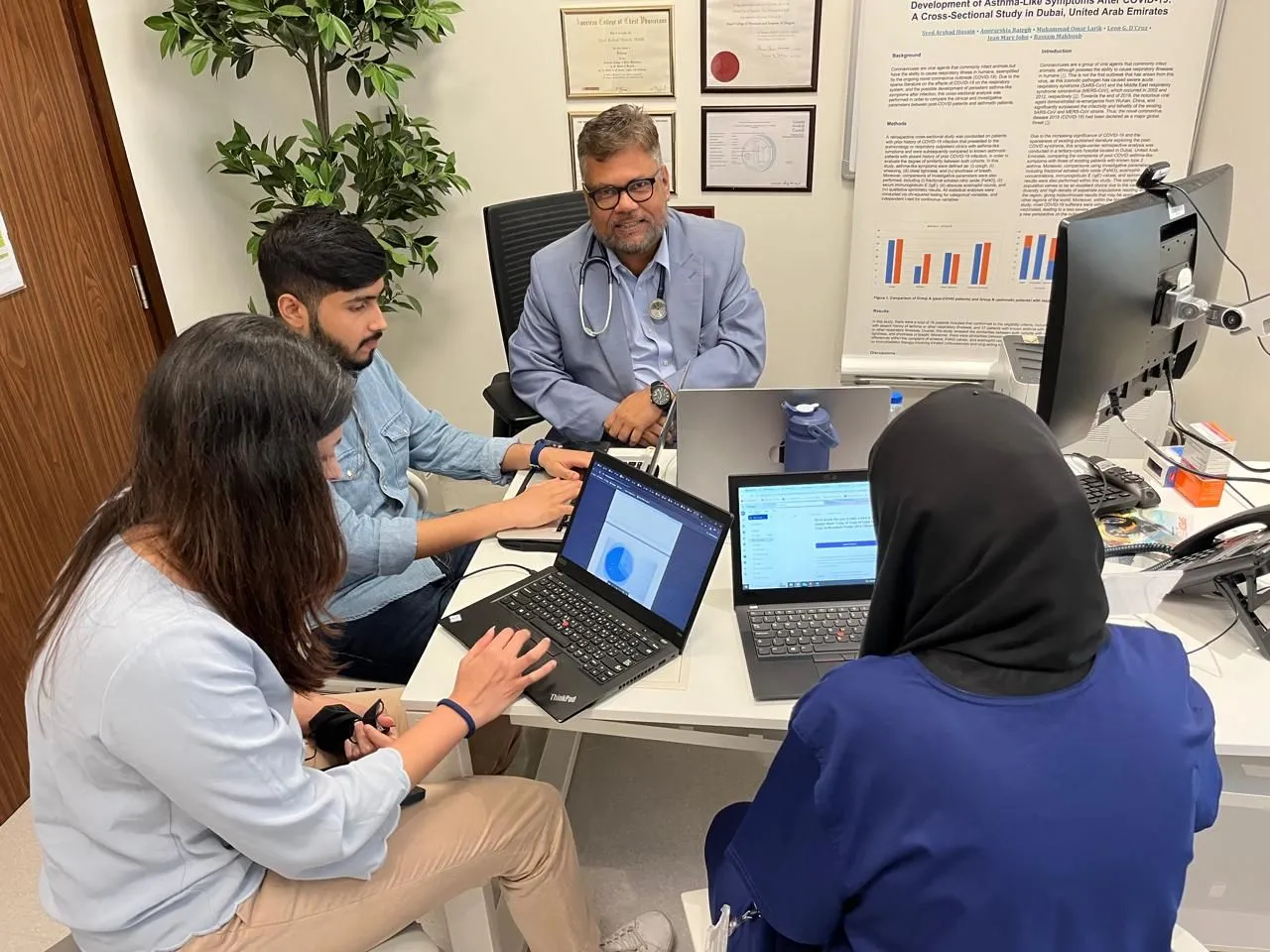
FRCP (GLASGOW), FCCP (USA), CCST. PULMONOLOGY, UK
Lead Consultant Pulmonologist, Dubai (UAE), at Al Zahra Hospital, with a specialist interest in asthma, chronic cough, and interventional pulmonology.
Adjunct Professor in Pulmonary Medicine at Gulf Medical University (GMU) in Dubai, UAE.
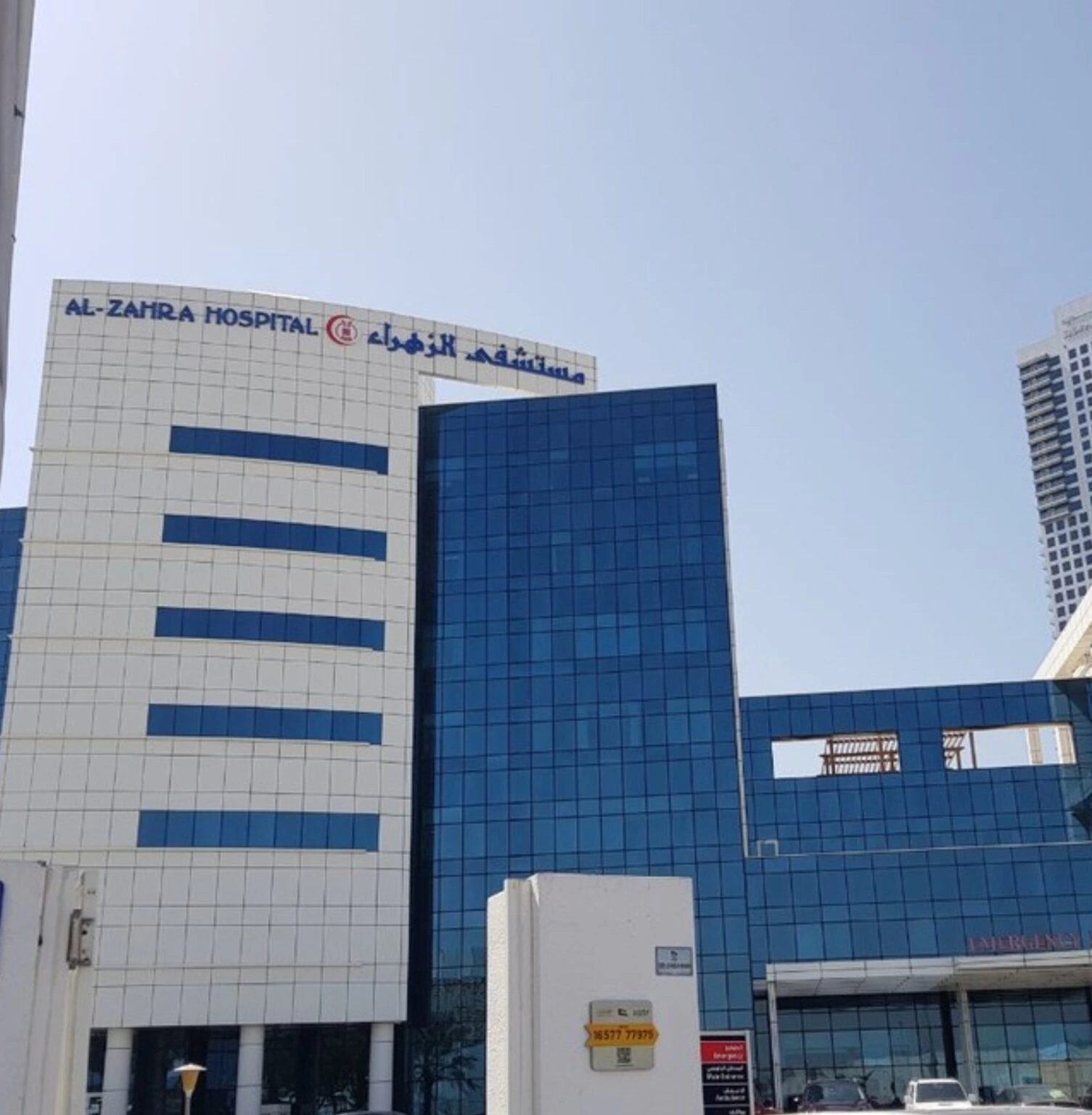
Prof. Dr. Syed Arshad Husain is now working at Al Zahra Hospital Dubai as one of the leading pulmonologists in the region since April 2025:
Prof. Dr. Husain practiced as a Consultant Respiratory Physician in the Maidstone and Tunbridge Wells NHS Trust UK.
He had not just achieved the respect as the best pulmonologist in Dubai; rather, He worked as an honorary senior clinical lecturer at King's College London as well, teaching final year medical students.
Prof. Dr. Husain also remained the Training Program Director in Respiratory Medicine at the KSS Deanery in the UK.
Dr. Syed Arshad Husain is currently working at Gulf Medical University as an Adjunct Professor in Pulmonary Medicine in Dubai, UAE.
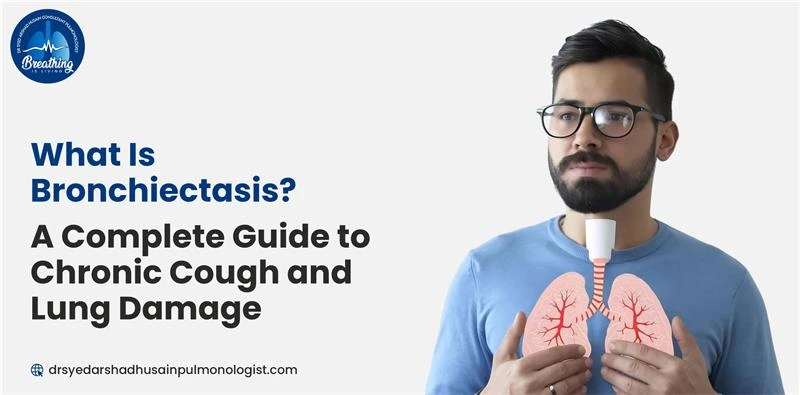
A persistent cough with daily mucus is not always a minor problem. It can be a sign of bronchiectasis, a condition that slowly damages the airways ove...
READ MORE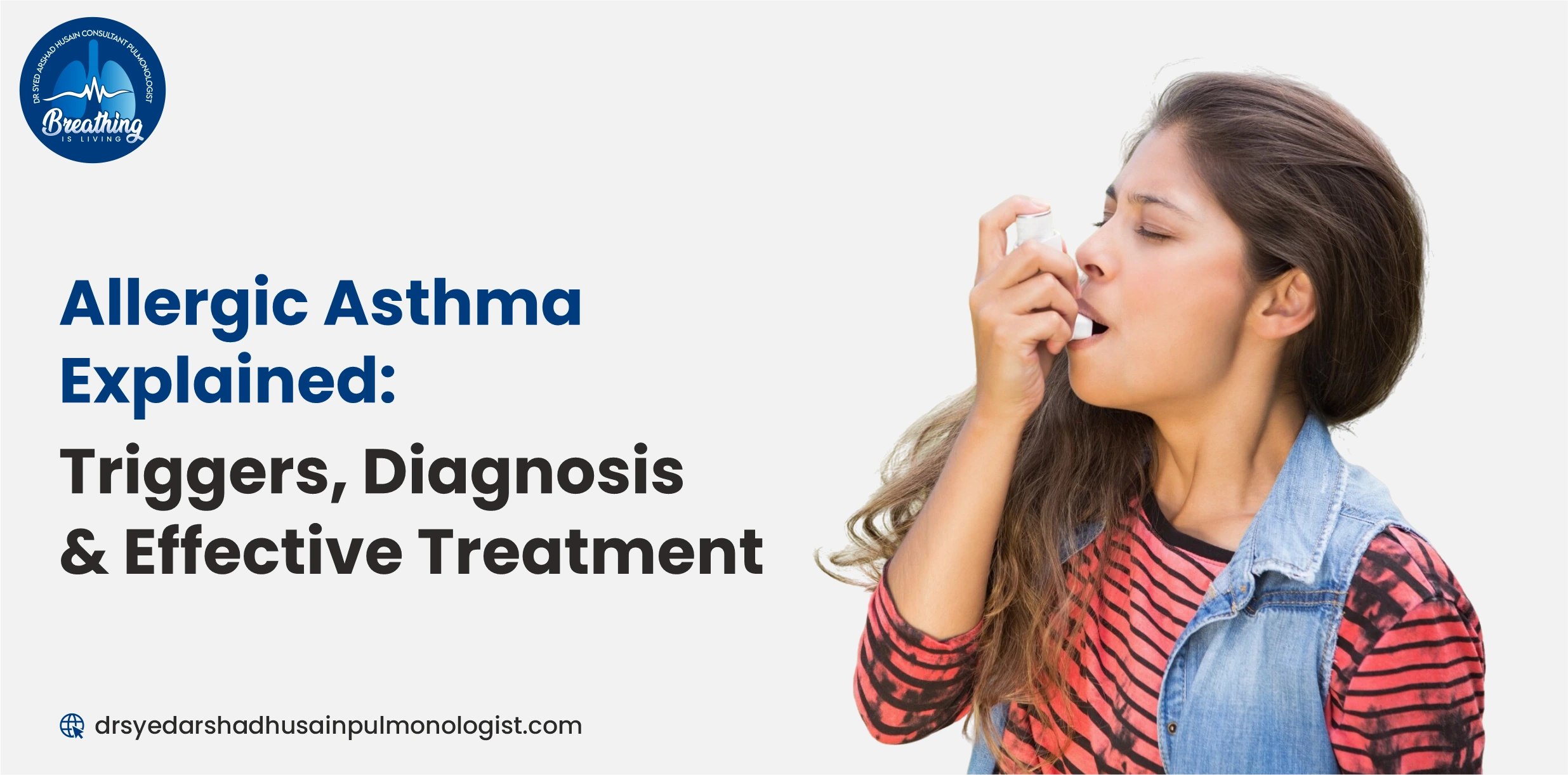
Allergic asthma is a common but often misunderstood condition that can affect breathing and daily life. Many people mistake its symptoms for seasonal ...
READ MORE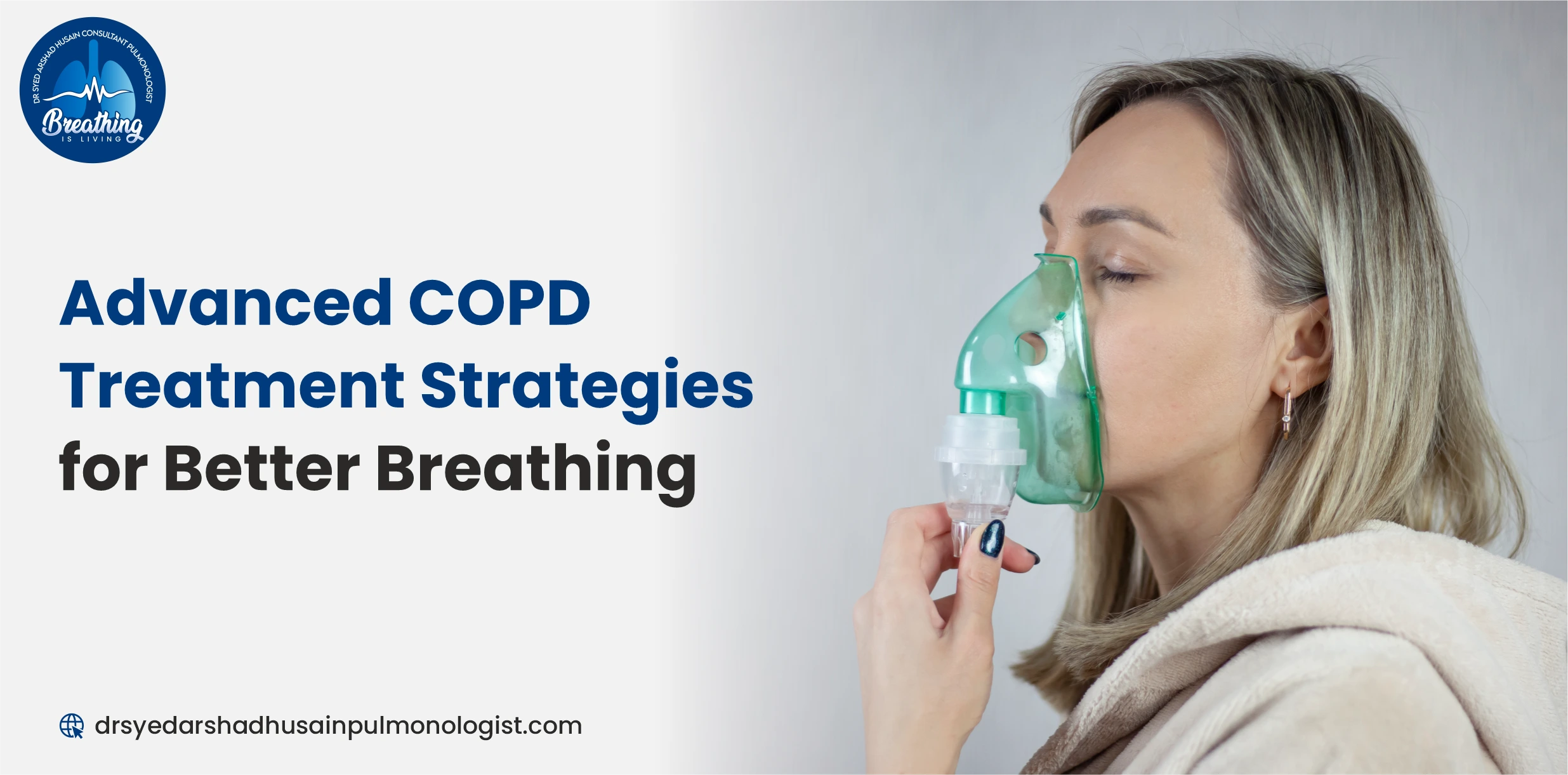
Facing COPD symptoms feels like fighting for every single breath. The never-ending effort to inhale and the energy needed just to handle everyday chor...
READ MORE
This Gulf News vodcast series in association with Pfizer aims to increase awareness about the risks of respiratory infections. Each episode delves deep into a medical condition that makes people more vulnerable to viral respiratory infections, providing insights, tips, and expert advice on prevention, management, and recovery

The fourth episode of Know Plan Go, a podcast series by Gulf News in collaboration with Pfizer, focuses on the diverse spectrum of respiratory illnesses prevalent in the Gulf, including asthma triggered by environmental factors like dust and allergies, obstructive sleep apnoea linked to obesity, bronchitis following viral infections, and smoking-related issues.